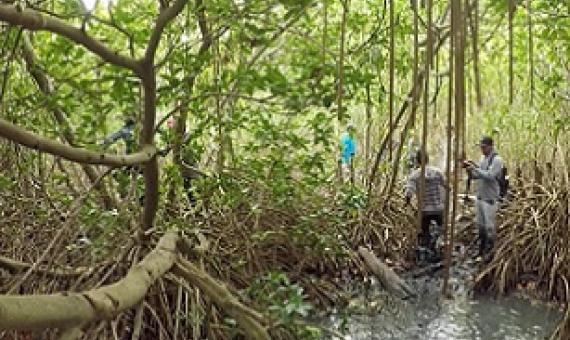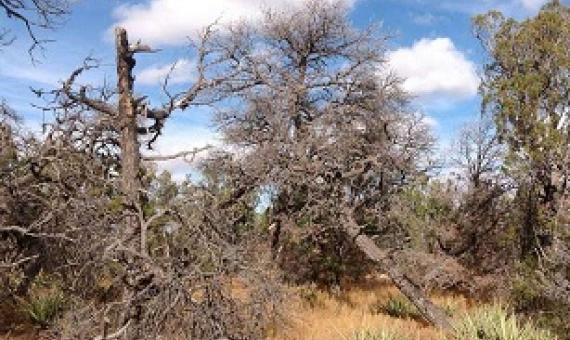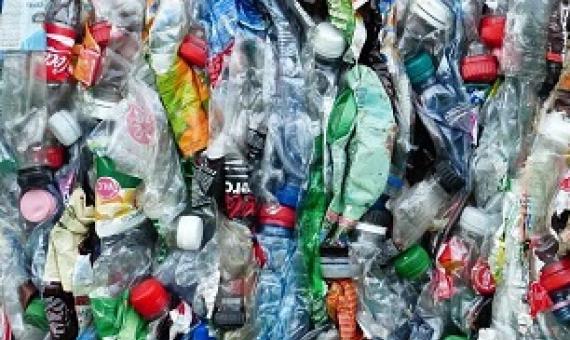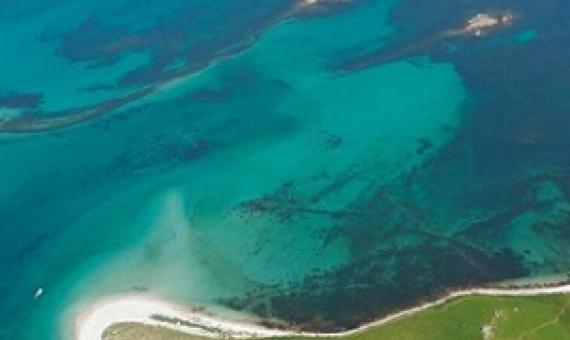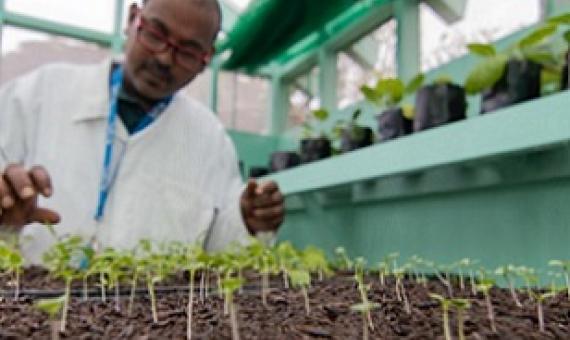The most comprehensive global analysis of community forestry ever undertaken shows that government policies formalizing local residents' land access and resource rights often backfire by resulting in less access and weakened rights.
Some of the world's most valuable ecosystems are facing a "triple threat" to their long-term durability and survival, new research shows.
Australian research shows the Covid-19 pandemic could spark a food crisis in the Pacific.
A large international team of researchers has found that forested areas that experience tree loss due to drought have a wide range of regrowth possibilities after the drought ends.
A new Tel Aviv University study compares the effects of two types of disposable dishes on the marine environment—regular plastic disposable dishes and more expensive bioplastic disposable dishes certified by various international organizations—and determines that the bioplastic dishes had a simil
Rising sea levels will affect coasts and human societies in complex and unpredictable ways, according to a new study that examined 12,000 years in which a large island became a cluster of smaller ones.
Invasive species are a major threat to the global economy and the environment, costing economies billions of dollars to control each year.
Getting rid of old cars is helping clean the skies over developed nations, but many clunkers are ending up in developing countries where they are add significantly to air pollution, a UN report warns. With the expansion of car ownership in developing countries expected to be a major source o
A new study has found that shark fins being sold in Hong Kong, Vancouver, San Francisco and northern Brazil originated mostly from shark species in coastal waters, rather than the open ocean.
Caring for people's health is a prescription for protecting rainforests, slowing climate change and creating significant monetary value, according to a new Stanford-led study. The analysis, published in PNAS on Oct.


